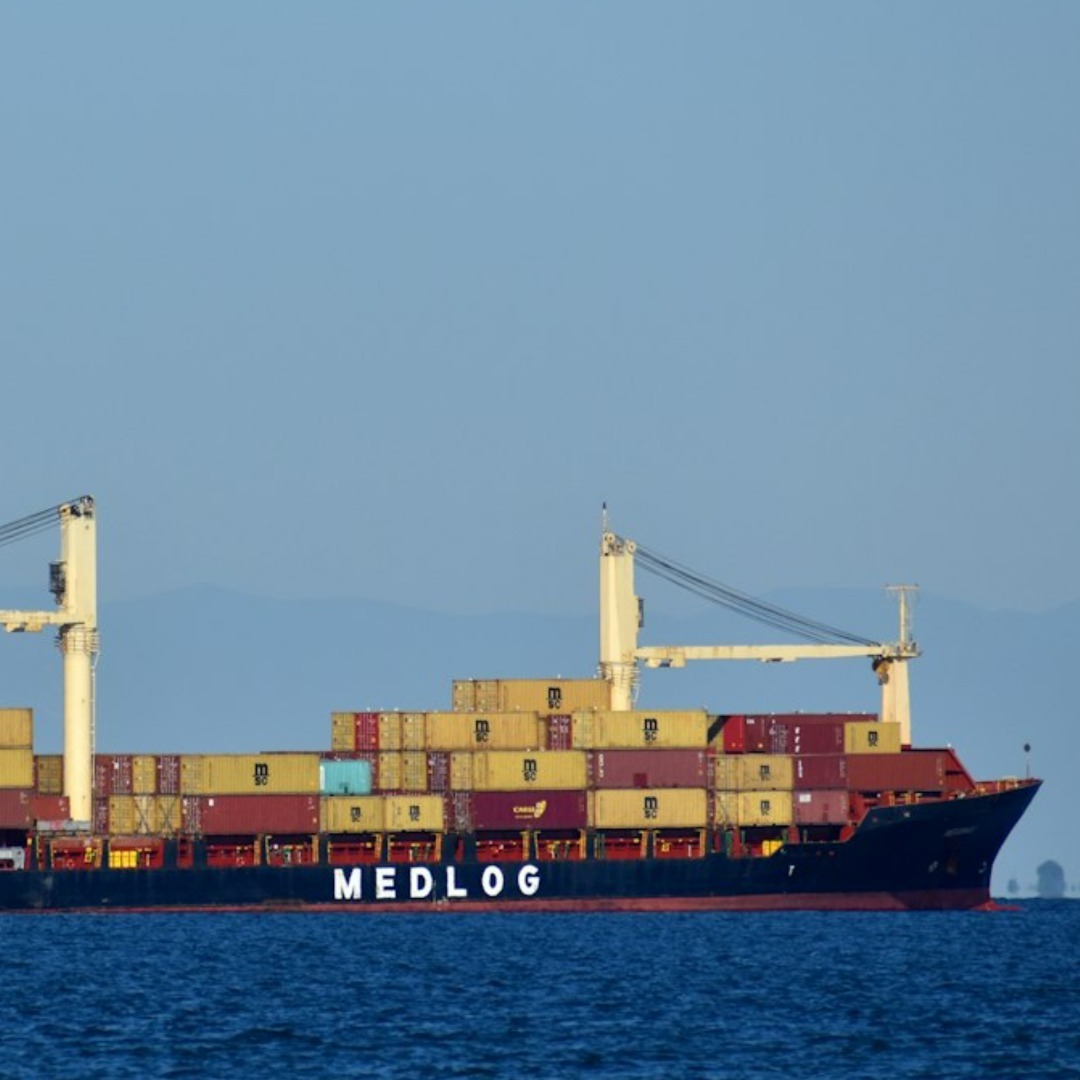Address: Front office : Twin Centre Tower A 6th floor Corner boulevard zerktouni and boulevard El Massira Casablanca Back office : espace ghazwani, Boulevard Ifni, Casablanca
Opening hours :Mon - Fri: 9am-12.30pm and 2pm-6pm Sat: 9am-12pm
Address: Front office : Twin Centre Tower A 6th floor Corner boulevard zerktouni and boulevard El Massira Casablanca Back office : espace ghazwani, Boulevard Ifni, Casablanca
Opening hours :Mon - Fri: 9am-12.30pm and 2pm-6pm Sat: 9am-12pm

Morocco, a country with a rich history that stands as a gateway between Europe and Africa, boasts a vibrant economy that is reflective of its diverse and strategic position. The importation of goods plays a pivotal role in sustaining Morocco’s economic growth and development. This article delves into the essential imports that fuel various sectors of the Moroccan economy.
One of the cornerstones of Morocco’s import sector is energy, particularly crude petroleum and natural gas. Despite efforts to increase renewable energy sources, Morocco still relies heavily on imports to meet its energy demand.
Coal is another significant import, primarily used for electricity generation. The country imports millions of tons annually, making it a critical commodity in the Moroccan energy market.
The automobile sector in Morocco has been burgeoning, with imports of vehicles, including cars and trucks, forming a significant portion of the country’s import bill.
Industrial machinery ranks high on the list of imports, which includes textiles, electronic components, and agricultural machinery, all essential for Morocco’s manufacturing and agricultural sectors.
Electronics, particularly broadcasting equipment and computers, are essential imports for Morocco’s rapidly growing telecommunications sector.
Integrated Circuits and microelectronic components are also key imports, given their vast applications in various tech-driven industries within the country.
Refined petroleum is a major import for Morocco, used across industries and for vehicle fuel.
The agricultural sector depends heavily on imported pesticides and fertilizers to enhance crop yields, making these chemicals vital to the Moroccan economy.
Morocco’s rich textile tradition continues with substantial imports of textile fabrics to support its clothing industry, a significant export sector.
Apparel is another major import, catering to both local markets and the demands of the fashion industry.
Morocco is a large importer of wheat, which is a staple food item in the Moroccan diet.
Soybeans and other legumes are also major imports, used primarily for consumption and as feed in the livestock industry.
While not a foodstuff, packaged medicaments represent a significant portion of Morocco’s food and health-related imports.
Confectionery and other processed foods are growing segments within Morocco’s import portfolio, reflecting changing consumer tastes and lifestyles.
Metals like refined copper are important for Morocco’s burgeoning industrial sector, particularly for electronics and construction.
Iron and steel are also significant imports, used in construction and manufacturing throughout the country.
Imports such as cement and building materials are crucial to Morocco’s real estate and infrastructure projects, which are integral to the country’s urbanization and development efforts.
In conclusion, Morocco’s key imports are diverse, reflecting the nation’s multifaceted economic structure. From energy to electronics, chemicals to clothing, and foodstuffs to metals, these imports are pivotal in maintaining and enhancing Morocco’s socio-economic fabric. As the country continues to grow, the import sector will undoubtedly evolve, further integrating Morocco into the global economy.